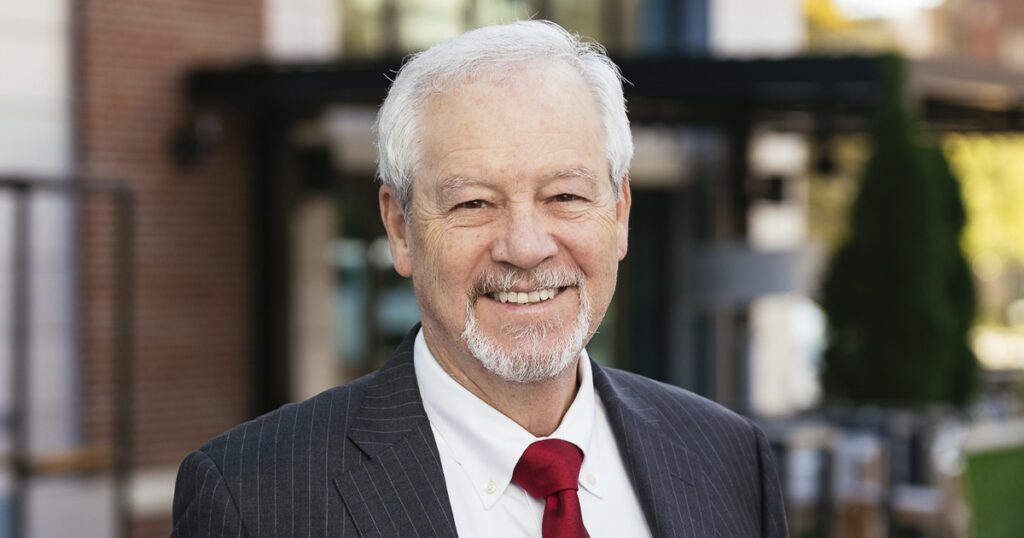On September 25, 2013, the South Carolina Department of Health and Environmental Control (DHEC) issued an emergency regulation regarding management of wastewater system sludge, including land application of sludge impacted by polychlorinated biphenyls (PCB). DHEC along with the U.S. Environmental Protection Agency (EPA) is still investigating the source of PCBs that was recently introduced into the wastewater collection systems of several publicly-owned treatment works (POTWs) in the Upstate of South Carolina. PCBs were subsequently detected in the Midlands (Richland County), leading DHEC to determine that an emergency regulation of activity related to wastewater processing was needed until it can assess the full scope of the discharges. The emergency regulation is effective for 90 days and may be extended an additional 90 days.
By issuing this regulation, DHEC seeks to prevent PCBs from being re-introduced into the environment. The regulation applies to the land application of sludge from wastewater treatment systems, including municipal wastewater treatment facilities, industrial wastewater treatment facilities, septage from septic tank management, and grease trap waste from facilities such as restaurants. DHEC is also requiring increased testing of sludge, regardless of disposal method, to aid in identifying illegal dumping suspects. DHEC has notified and provided guidance to the state’s landfill operators and wastewater treatment plants regarding proper disposal and reporting suspicious activities.
The full text of the emergency regulation may be accessed here.






